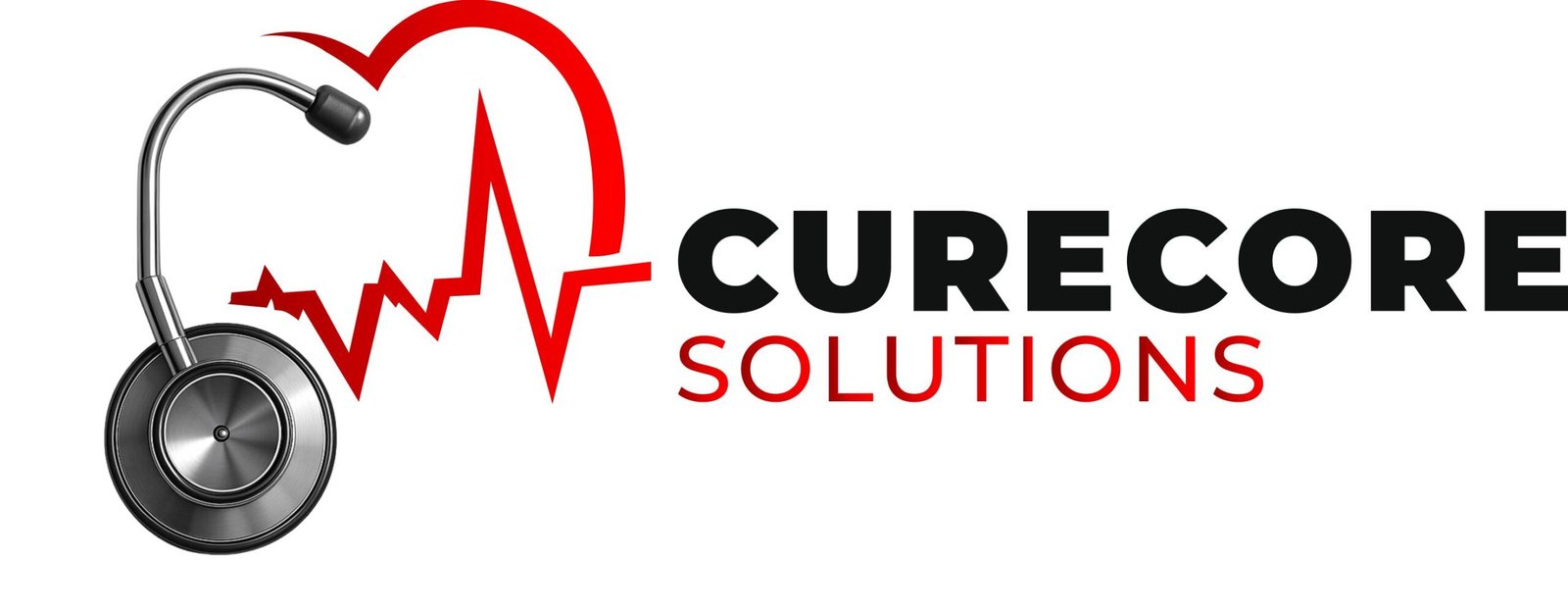Introduction:In the realm of healthcare, Electronic Health Records (EHRs) have emerged as a game-changer, offering a myriad of advantages to both doctors and hospitals. One area profoundly impacted by EHRs is medical billing, where precision and efficiency are paramount for healthcare providers’ continued viability and the delivery of high-quality patient care. This blog delves into the significant influence EHRs wield over the precision and efficiency of medical billing, highlighting their most salient benefits.
Understanding Electronic Health Records:
Definition and Components:EHRs, digital counterparts of patients’ medical records, encapsulate comprehensive health and medical history information. They include a plethora of data such as diagnoses, treatment plans, medication history, laboratory results, and more, providing a holistic view of a patient’s healthcare journey.
Evolution and Adoption:Over time, there has been a notable shift from paper-based medical records to EHR systems. Government initiatives like the HITECH Act have spurred widespread adoption, transforming the way healthcare organizations handle medical billing.
The Significance of Accurate Medical Billing:
Importance and Consequences:Accurate medical billing is crucial for timely reimbursement, financial stability, resource allocation, and the delivery of quality patient care. Inaccuracies can lead to claim denials, delayed reimbursement, revenue loss, increased costs, and erosion of patient trust.
Challenges in Traditional Medical Billing:Traditional paper-based systems and manual processes are prone to errors, including incomplete documentation, coding discrepancies, and fragmented information across systems and departments.
Enhancing Accuracy and Efficiency with EHRs:
Centralized Patient Information:EHRs provide a centralized repository of patient data, eliminating discrepancies and reducing the risk of errors. This comprehensive view ensures accurate billing and minimizes duplicate or incorrect entries.
Automated Documentation and Coding:EHRs streamline documentation processes, automating data capture and providing coding assistance. This results in consistent coding, reduced errors, and improved billing accuracy.
Decision Support Tools:EHRs offer decision support tools that provide real-time alerts and reminders, ensuring compliance with coding guidelines and payer-specific rules. This helps minimize errors and ensures regulatory compliance.
Real-time Eligibility Verification:Integration with insurance eligibility verification systems allows for real-time checks on coverage and benefits. This helps identify billing issues early and prevents claim denials related to eligibility.
Improving Efficiency:
Streamlined Workflow:EHRs reduce manual paperwork, eliminate redundant tasks, and enhance communication between providers and billing staff. This leads to faster billing processes and improved operational productivity.
Automated Charge Capture:EHRs automatically record charges for services rendered, reducing errors and accelerating the revenue cycle by ensuring accurate documentation.
Claims Processing and Submission:EHRs facilitate electronic claims processing and submission, speeding up reimbursement cycles and reducing the chance of claim rejection or denial.
Faster Reimbursement Cycles:By automating processes, reducing errors, and expediting claims submission, EHRs contribute to faster reimbursement cycles, improving financial stability and resource allocation.
Successful Implementation Strategies:
Comprehensive Training Programs:Investing in comprehensive training programs ensures proficiency in EHR usage, covering documentation, coding, billing procedures, and data security.
EHR Customization and Integration:Customizing EHR systems to align with organizational needs and integrating with other systems promotes seamless data exchange and streamlines billing processes.
Regular Updates and Support:Regular updates and continuous support ensure compliance with regulations, address user concerns, and optimize system performance.
Collaborative Partnerships:Collaborating with EHR vendors and healthcare IT experts provides access to expertise and support, facilitating successful EHR integration.
Conclusion:The integration of EHRs has revolutionized medical billing accuracy and efficiency. While challenges exist, successful implementation strategies and ongoing adaptation ensure optimal utilization of EHRs. By harnessing the benefits of EHRs and addressing implementation hurdles, healthcare providers can enhance financial outcomes and deliver superior patient care. With iMed Billing Pro, the journey towards precision and efficiency in medical billing becomes seamless and impactful.
